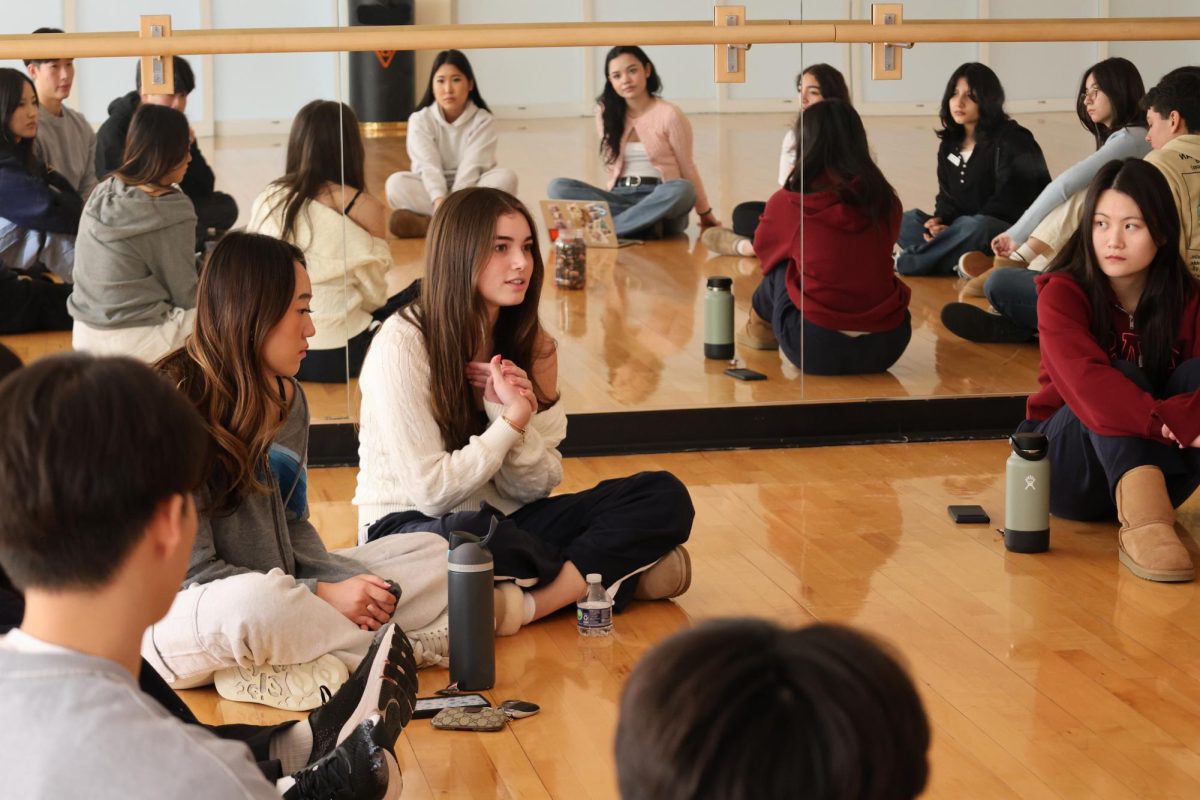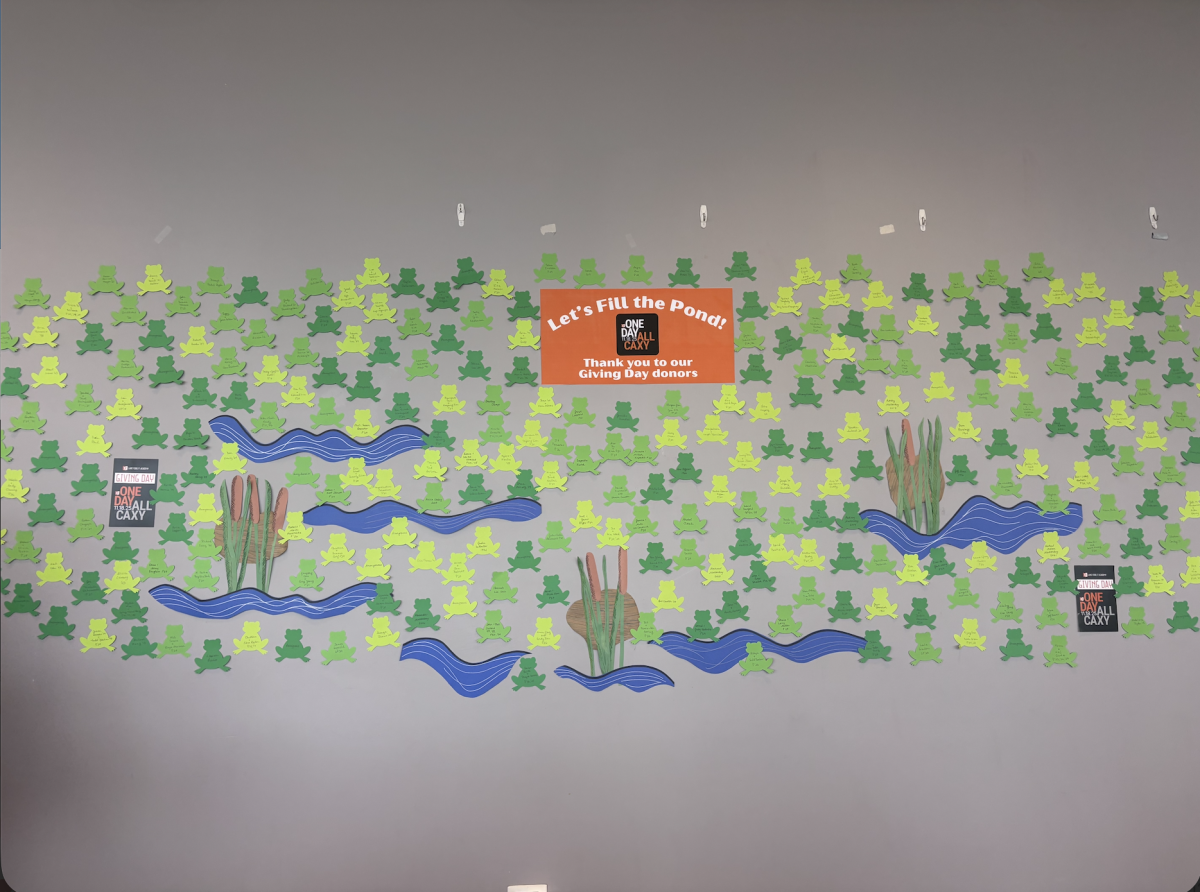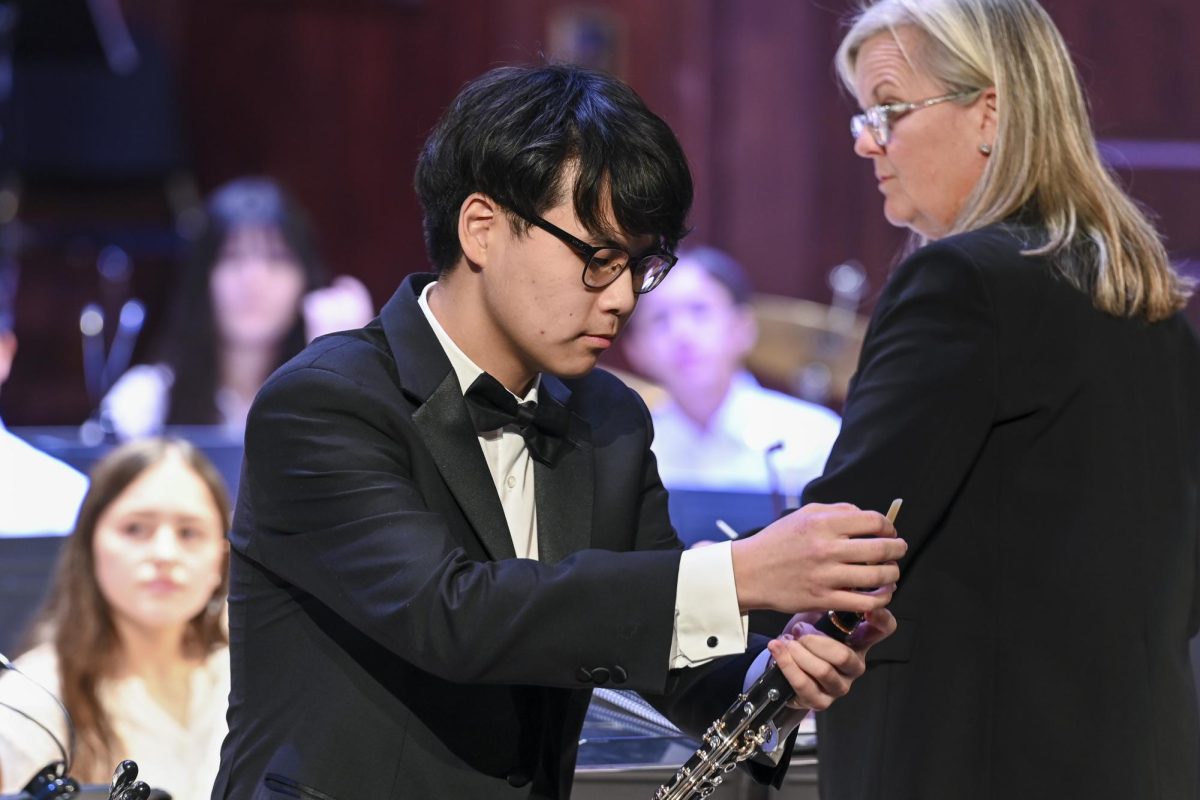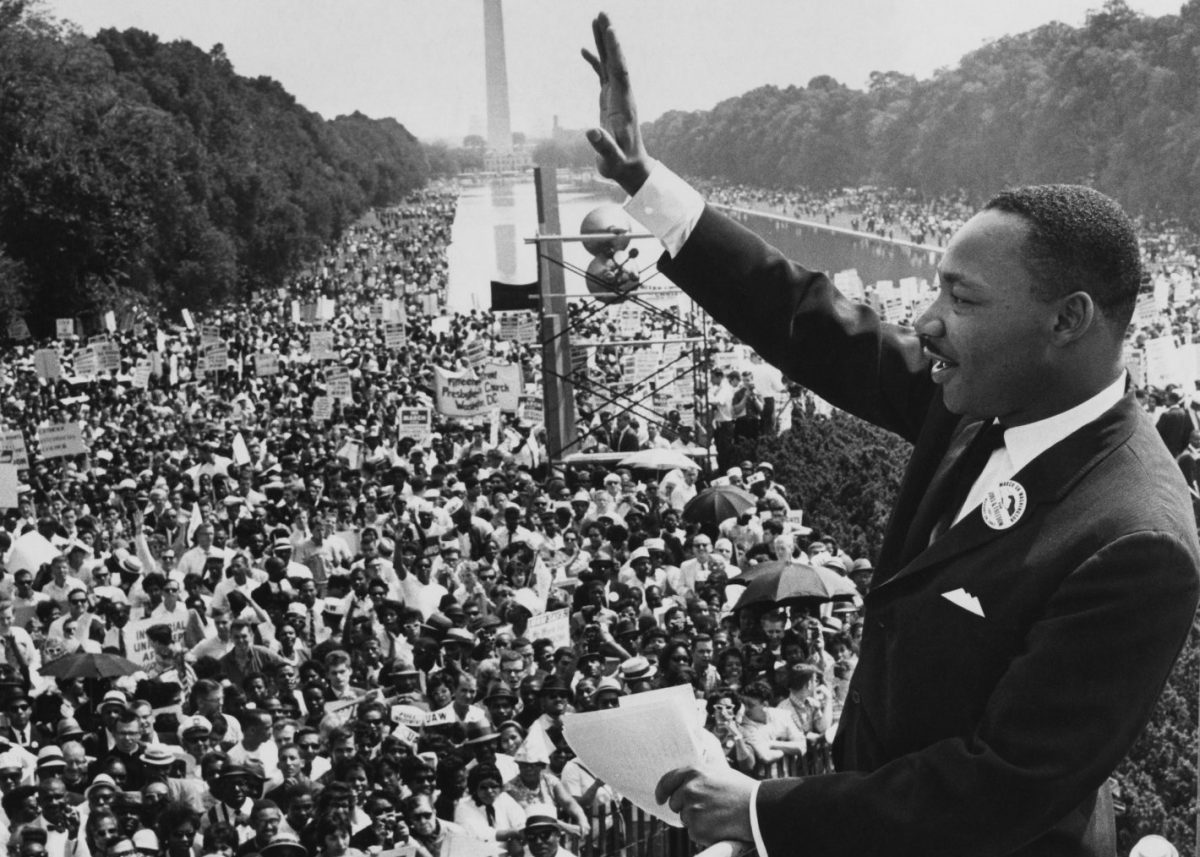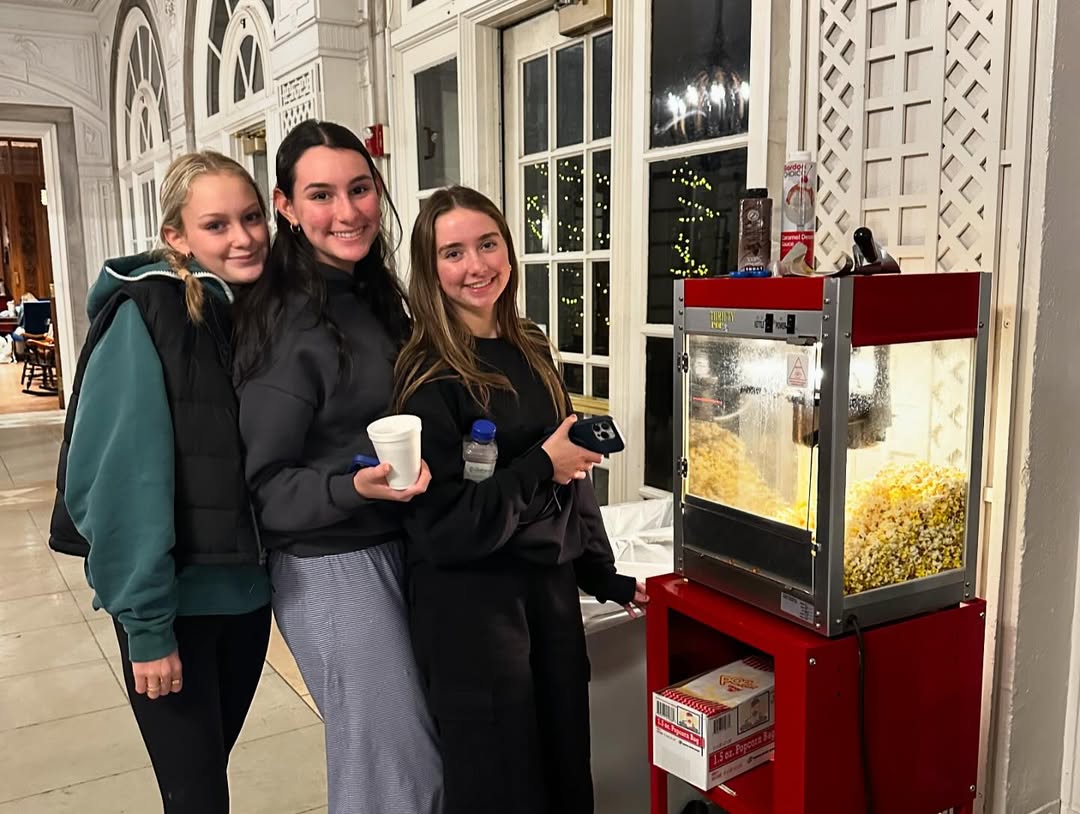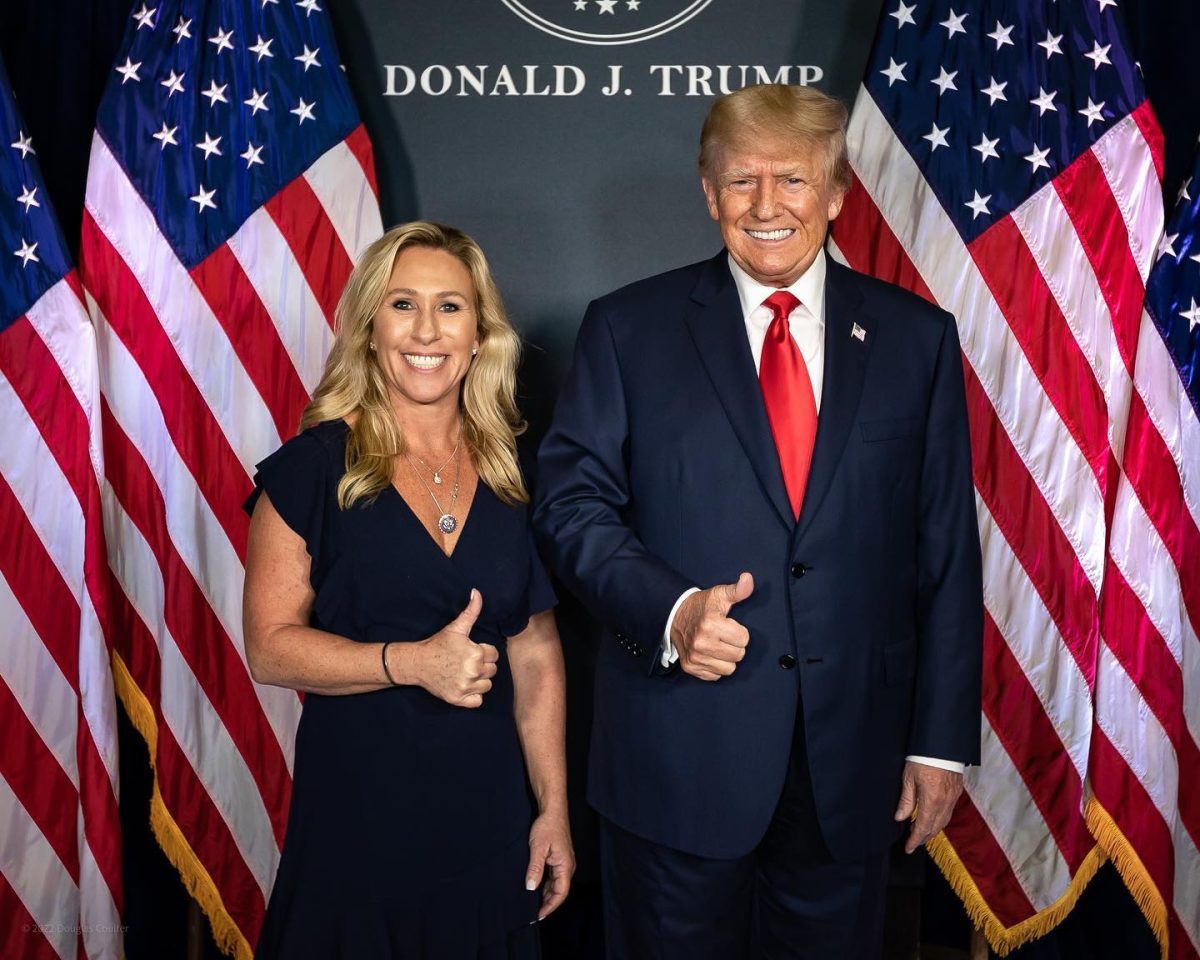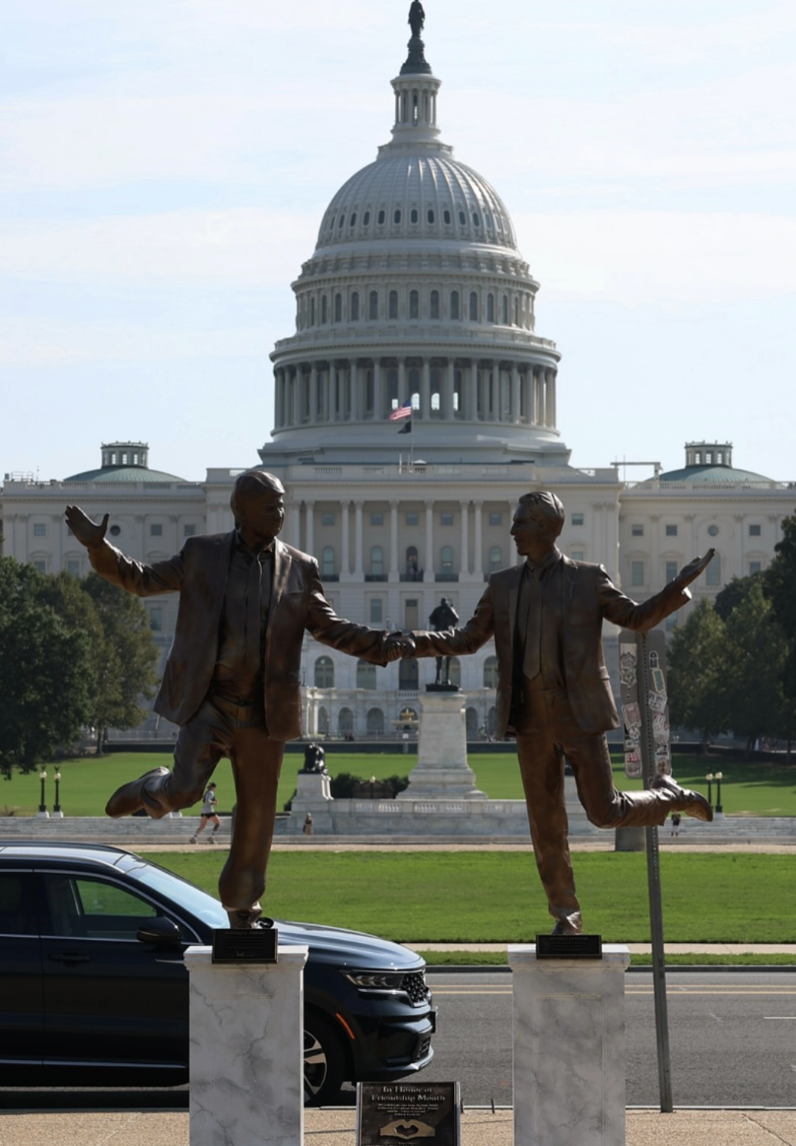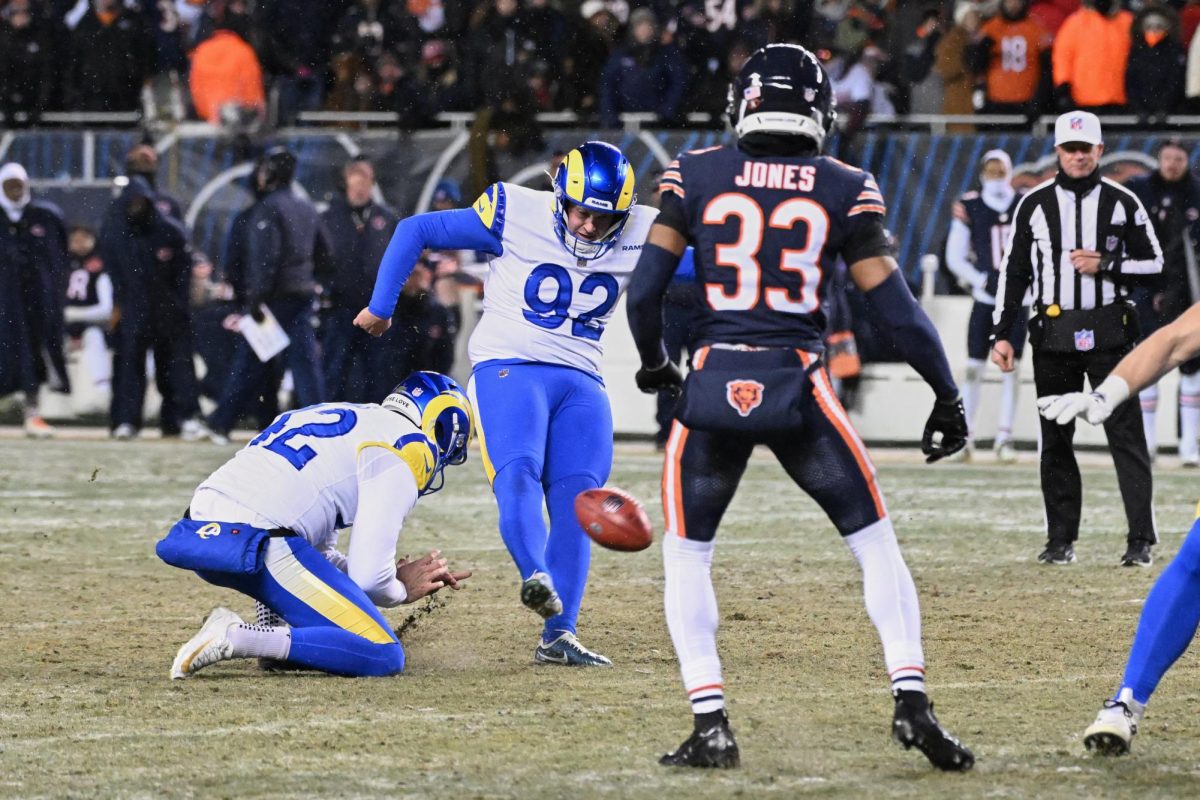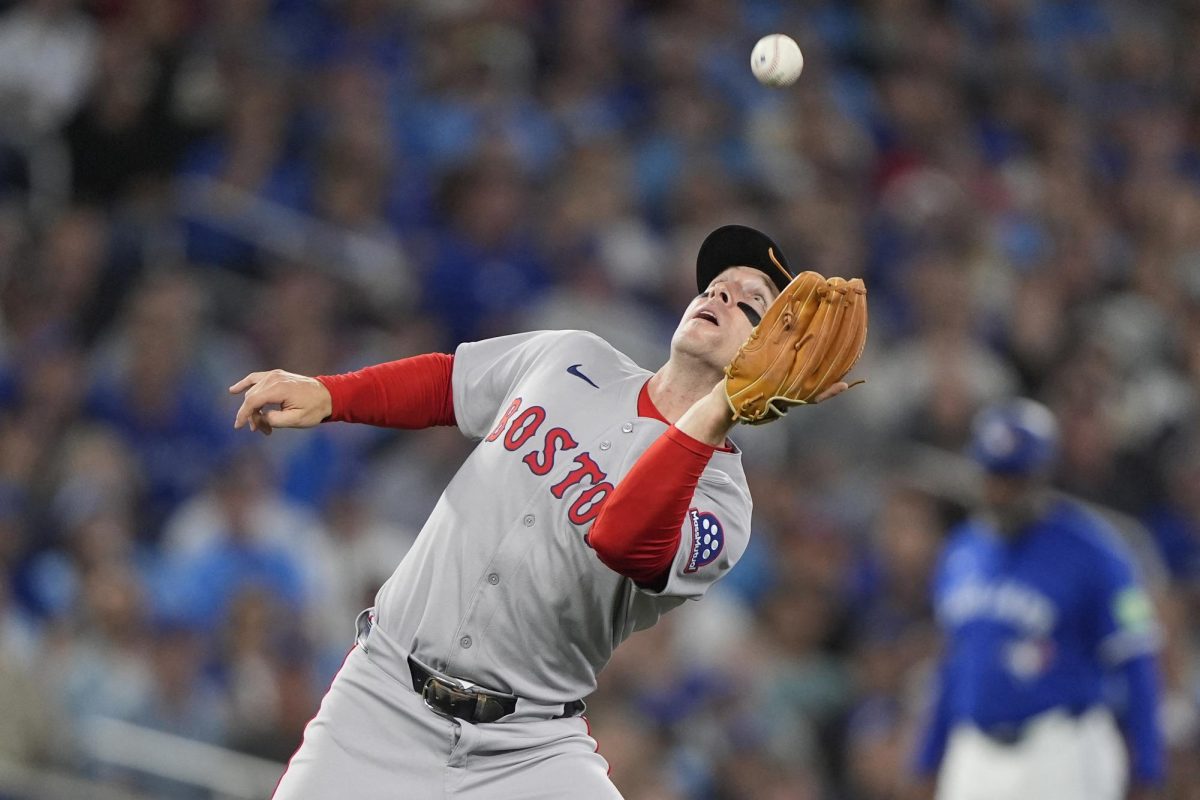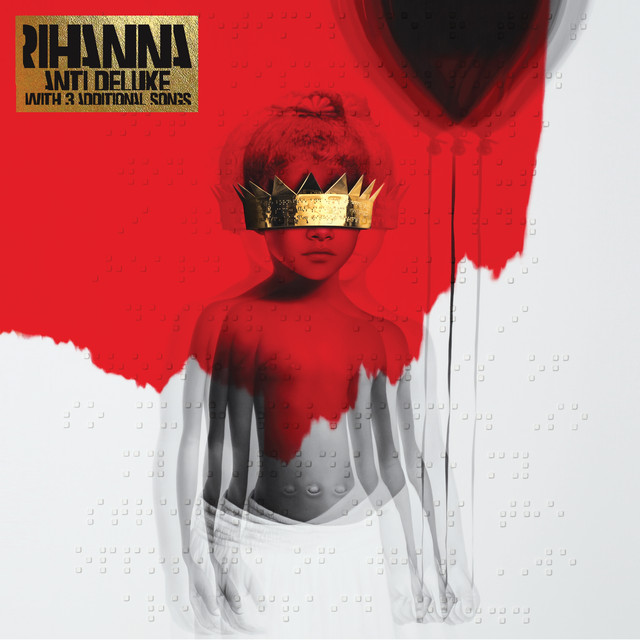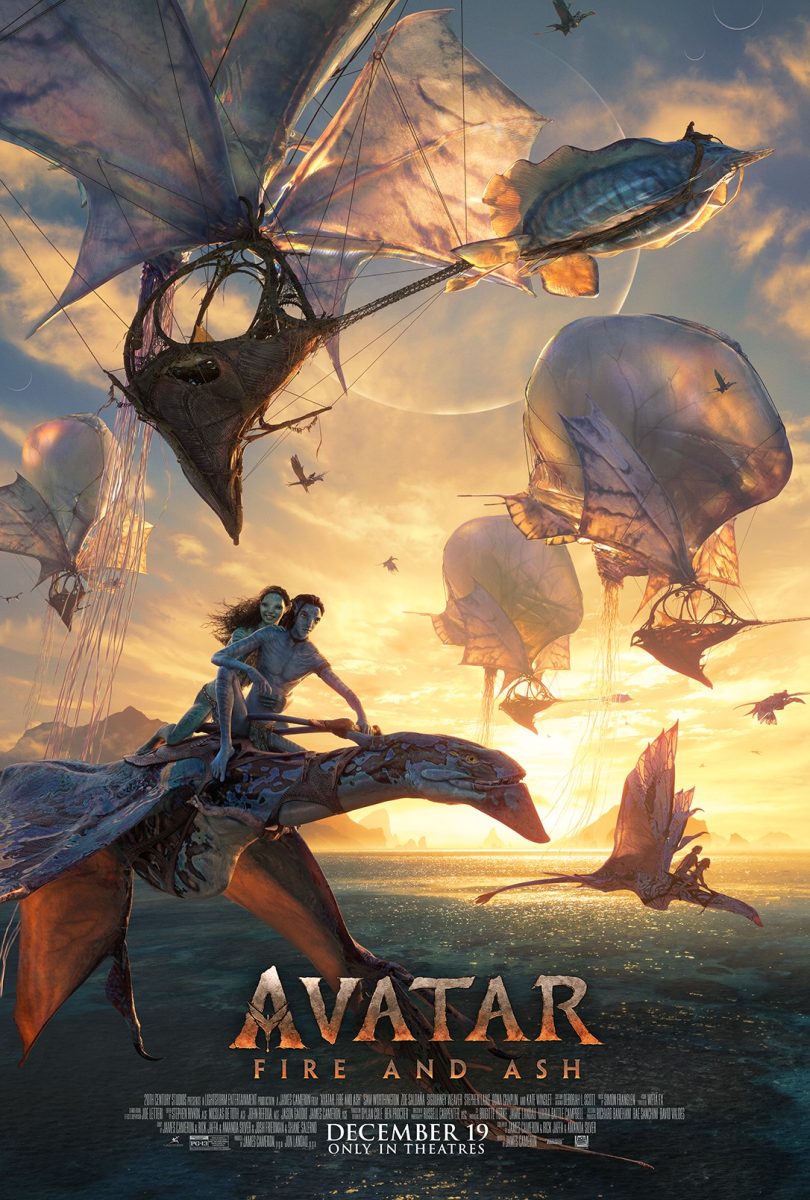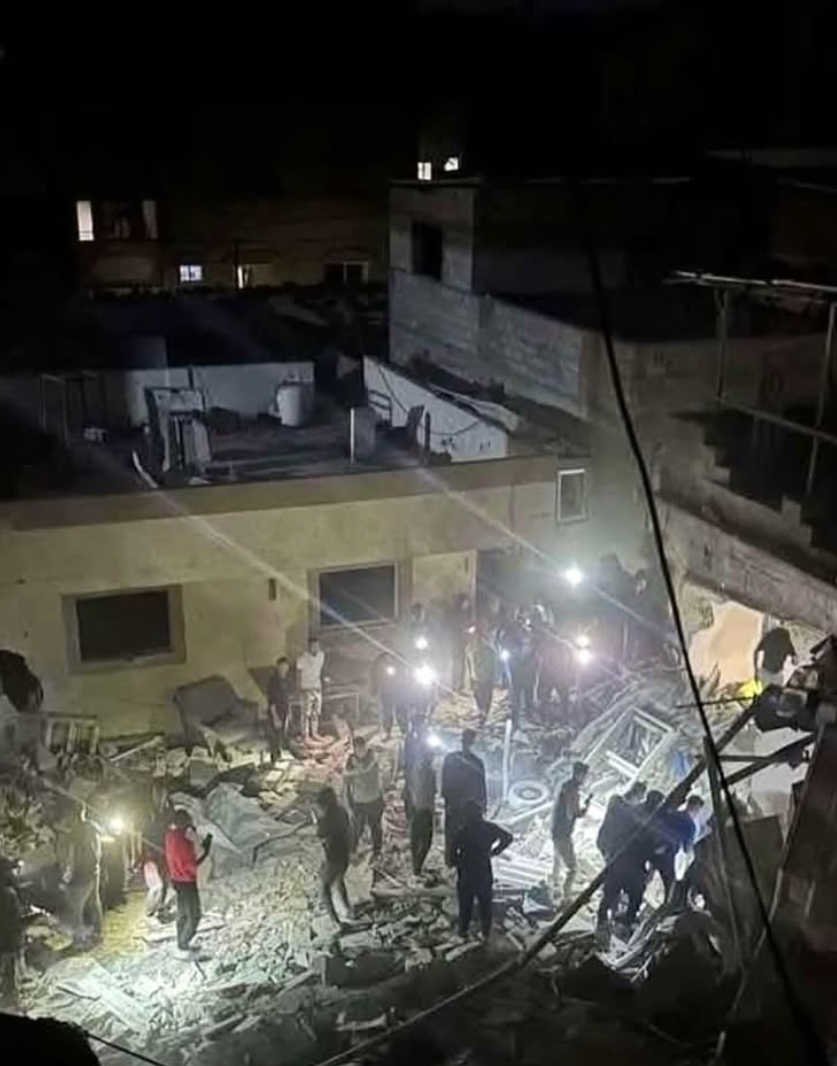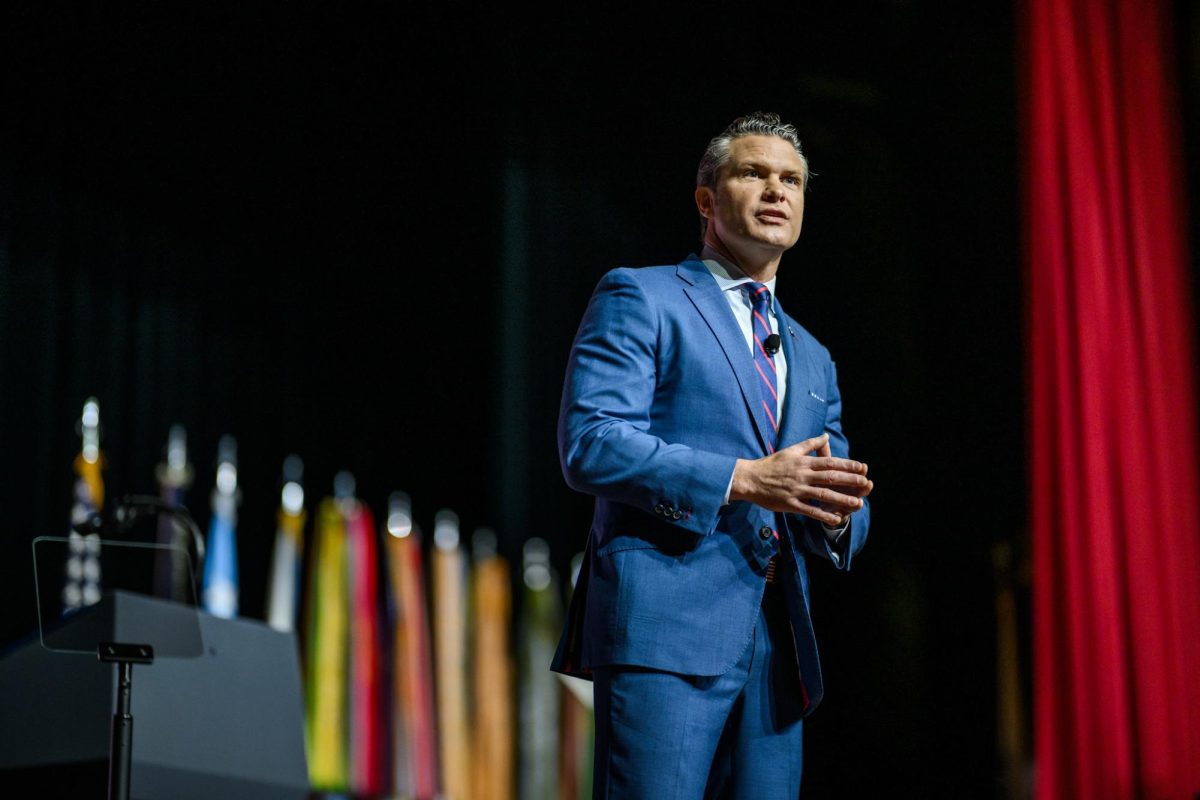Russia Invades Ukraine
March 9, 2022

This story continues to evolve and may drastically change by the publication of this article. The Global Section of the Spector remains diligently monitoring the situation.
Russia formally invaded Ukraine on February 23rd, 2022, after amassing troops around the border starting in December 2021.
On February 21st, 2022, two breakaway regions, Donetsk and Luhansk, in Eastern Ukraine emerged. Russia formally recognized these states as autonomous and sent ‘peacekeeping’ soldiers in order to protect them. The region of Donbas, the site of the two breakaway regions, have previously been encroached upon by Russia in 2014 after an uprising that replaced the Ukrainian Russian-friendly president, Viktor Yanukovych. Putin claims that his ‘special military operation’ in Ukraine is in response to an ethnic cleansing occurring there currently.
Russia advances troops towards Kyiv, the capital of Ukraine, and along the borders of Kyiv lies unexploded grenades and dead bodies. Across Kyiv, a curfew was implemented that prevented Ukrainians from leaving their homes from 5 pm Saturday to 8 am Monday. Those outside their homes during the curfew are deemed an enemy to Ukraine and could possibly be attacked as such. However, this war is not simply physical as cyber attacks have targeted Ukrainian government institutions.
Russia claimed that the original troops stationed were in response to rising western influence in Ukraine. Ukraine has expressed a desire to join the North Atlantic Treaty Organization, which was originally designed to prevent Soviet Russian expansion.
The EU announced sanctions against Russia targeting Russian banks, oligarchs, and lawmakers who recognized the sovereignty of Donetsk and Luhansk. In addition, Biden responded with sanctions against the Russian Central Bank which prohibits any American from doing business with those banks and freezes Russian assets within the U.S. Following Biden’s announcement, the FBI has warned that Russia might retaliate with ransomware attacks. Australia, Japan, and Switzerland have followed suit by implementing their own sanctions. However, Illia Slipchenko ‘22, an Ukrainian international student, believes that sanctions against Russia are not strong enough and will be less effective with the rise of cryptocurrency within Russia.
Internationally, this Russian invasion has been largely denounced. Canada plans to send an additional 25 million in aid to Ukraine. The International Olympic Committee recommended that Belarus and Russian athletes be barred from events. Germany halted certification of a gas pipe line that connected Russia and Germany. The United Nations General Assembly on February 28th, 2022 plans to hold a rare Emergency Special Session to discuss recent events.
This encroachment by Russia has historical roots, most recently accented by the annexation of Crimea in 2014. During the Soviet Union era, Ukraine was under the control of Moscow and gained independence in 1991. Russia appears to question Ukrainian sovereignty as Putin claims that “Ukraine has never had traditions of its own statehood.” Aviral Pathak, AP Government teacher, states that this “ethno-nationalism” is another cause for the troops originally amassing on the border. Slipchenko ‘22 believes that Russian and Ukrainian culture are “near the same.”
Many disagree on why Russia has brought troops to the border. Some suspect that these troops are a proxy for a larger conflict between the U.S. and Russia. NATO has been historically led by the U.S. and thus Ukraine’s entrance into NATO signals to Russia Ukraine entering U.S. control. Overall, Russian-U.S. relations have been tense recently as the U.S. claims that Russia has launched disinformation campaigns in the two most recent elections. In fact, the Russian government expelled the deputy American ambassador, Bort Gorman; however, the chief U.S. diplomat to Russia remains in the Russian embassy attempting to de-escalate tensions.
A Russian international student, who requested anonymity as they “don’t feel safe with their name online” discusses the mental anguish this situation causes as they have “friends and family on both sides.” This sentiment is widely shared as many people have emotional links to both countries. Within Russia, they state that the pro-invasion arguments are “heartless” and that “right now citizens are struggling.” They believe that the protests emerging in Russia “will not be listened to” and state that the protestors are “probably going to be jailed” or “beaten up.” They also remark that increased sanctions “are not hurting the government but people who had no say in the actions of the government.” This Russian student’s family financially supports some of their Russian relatives and comments how the sanctions make this wiring of money complicated and expensive. In addition, some Russian banks have been removed from SWIFT, the Society for Worldwide Interbank Financial Telecommunication, which harms Russia’s ability to globally transfer money. Overall, they express that their government actions are “shameful.” Many Russians fear publicly speaking online in opposition to their government as it will open them up to retaliation.
This unstable environment causes panic for many Ukrainian citizens who are stuck in the midst of a power-struggle between the governments. Ukraine’s health minister Viktor Liashko, stated that 198 Ukrainians and more than 1,000 wounded on February 26th, and many more are at risk of violence, evacuation, and general instability.


